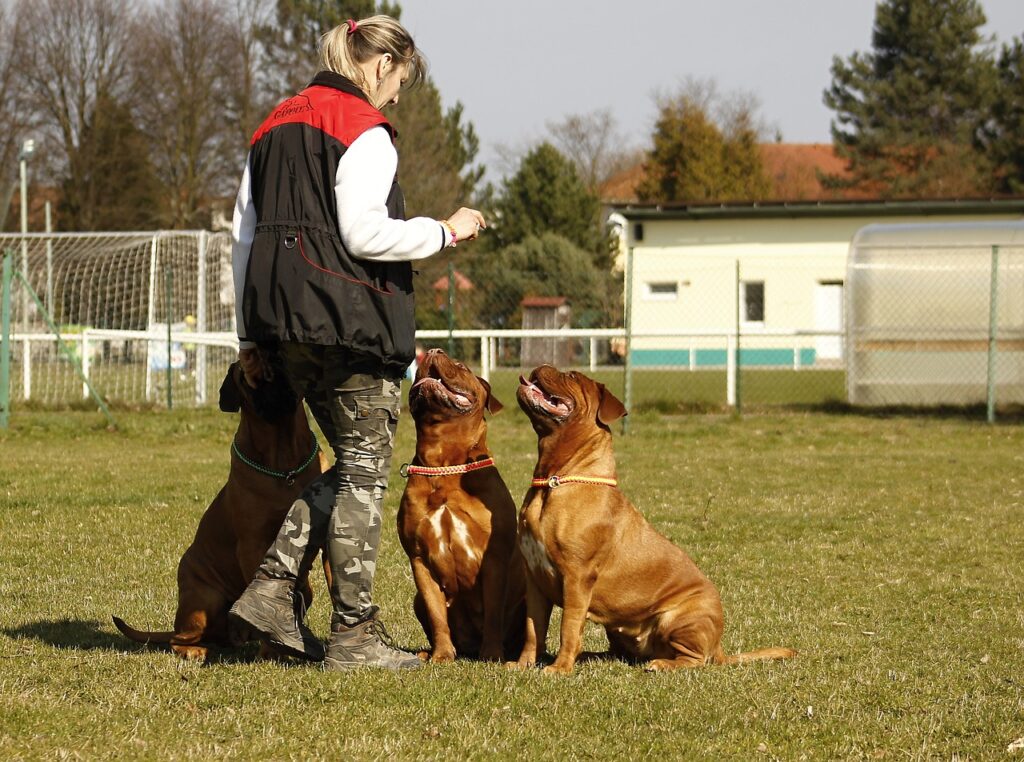
Mistakes are part of our learning process, but it's always nice to hear from other experienced canine professionals about the most common dog handler mistakes. In this post I share with you my canine research.
1. Not teaching the family how to educate their dog
As in many professions, it is also essential to have certain social and communication skills in order to be able to understand the dog's family and not only their dogs. One of the most common mistakes is not to teach the dog's family how to train their dog and to limit oneself to demonstrating how good a trainer you are, or how well their dog obeys when they are with you. In addition to generating frustration in the family, this does not solve the basic problem. Families need to be taught the technique and the concept of what is being taught so that they get that bond with their dog, understand it and can replicate it when you are not there.
2. Too closely spaced dog sessions
Sessions should be daily or even double at first to reinforce the dog's learning and that of the family. Keeping a couple of sessions a week will make the dog differentiate between when the trainer is there and when he is not, and the family will not yet be ready to educate him, so he will make mistakes that will delay the learning of both. At this time it is crucial that families feel close to their trainer and that the trainer is as available as possible in order to be able to quickly resolve any situations that may arise.
3. The dog's family marks your work as a dog handler
You have to offer and be firm with the solution you offer to dog families, and reject those with whom you are not aligned. You are the professional, the expert and the one with the knowledge to ensure they get the situation they want in the way you know and want. It is a mistake to change your work methodology or to accept jobs that do not suit you just because you are trying to please the furry's families or because of economic issues. All this can lead to demotivation, lack of involvement and, in the end, to results that are very different from those expected by both parties.
4. Correcting in the absence of misconduct or in the wrong place
Trainers must act at the time and place where the undesired behaviours or situations that need to be modified occur, or in the field of those that need to be taught. It is therefore very important that before accepting a job you know in advance all the behaviours that families need to correct and the education they want to offer their dog. In this way you will be able to plan your sessions and the necessary phases to achieve the objectives.
Latest entries:
- Cómo la Epidemia Química Global Afecta la Salud de Tu Perro (y el Poder de la Agroecología)
- Por qué la crisis climática es una crisis de salud
- Sustainable Economy: The Ultimate Guide to the Green, Circular, and Blue Pillars for Entrepreneurship
- Organic Sheep Farming: Keys to Profitability, Sustainability and Innovation 4.0
- The Art of Herding Dogs: Training Sheepdogs to Guide Sheep and Cattle with Skill and Respect



